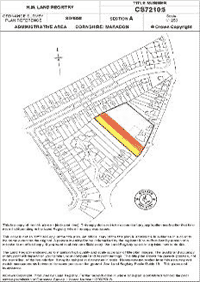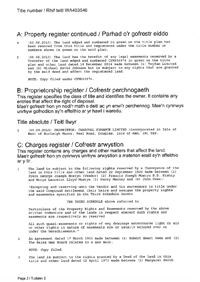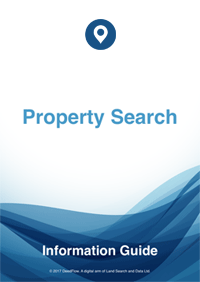How Can I Prove I Own My House?
Contents
Overview
Many public organisations may require you to prove you own your house or land. That is because they cannot process legal applications, such as for a passport or driving licence without proof of your address; or it may be to facilitate an application for a loan, wish to register at a doctor’s or dentist’s surgery or other similar reasons. There are a number of different ways you can prove your ownership but most organisations will require official paper documents.
Land Registry
The most popular and easiest way to authenticate your ownership of a property is to obtain an official copy of your Title Register. You will only be able to do so, however, if the property is registered, but most properties in England and Wales are now registered, so this should not be a problem. Title Registers are maintained by the Land Registry and official copies are available as digital copies in PDF format. PDF format is a simple way of obtaining a document that can be read by all types of computers.
Obtaining an official copy of your Title Register is as simple as completing a short application form online and making a small online payment. You will normally receive your Title Register within an hour.
If you are the registered owner of the property you will find your name and contact address in section B of the Register and the address of the property in section A.
A complete set of ownership documents incorporates the Title Plan, which you can opt to purchase when completing the form. The Title Plan shows your property in relation to other properties and is easily identified.
Associated Documents
If your property is one of the minority that are not registered you will need to obtain from your bundle of Deeds the last purchase document, which will either be a conveyance or a transfer deed. Your Deeds may be in the possession of your mortgagee or solicitor, and you may need to ask them to send you a certified copy thereof.
Probate or Letters of Administration
If you have been left the property by someone who has recently died, and you have obtained Probate or Letters of Administration, an official copy of either would be authentic evidence of ownership.
Proof of Occupation
Where you are unable to produce documentary evidence of ownership, you may be able to produce evidence of ownership over a long period of time. The following documents would normally be sufficient:
- Bank statements
- Mortgage statements
- Council tax receipts
- Utility bills
Solicitors may prepare a Statement of Truth to be signed by you, and which will exhibit the above documents.
Conclusion
In proving that you own a property there are four main methods of proof, the first and most easily accessible being to obtain a copy of your Title Register. Other methods are obtaining a copy of your purchase Deed, producing an official copy of a grant of probate or letters of administration, or producing documents that prove your occupation of the the property over a long period of time.
Prior Copies Search
Obtain prior copies of the Title Register as well as options to include the Current Title Register, the Associated Documents and/or a Prior Copy of the Title Plan.
£19.95Title Plan
The Title Plan shows an outline of the property and its immediate neighbourhood, and uses colours to identify rights of way, general boundaries and land affected by covenants.
£19.95Prior Copies
The Lease and its Lease Plan usually form one document and are both provided for the one fee. They are very useful in resolving disputes, particularly with car parking and other shared areas.
£19.95


